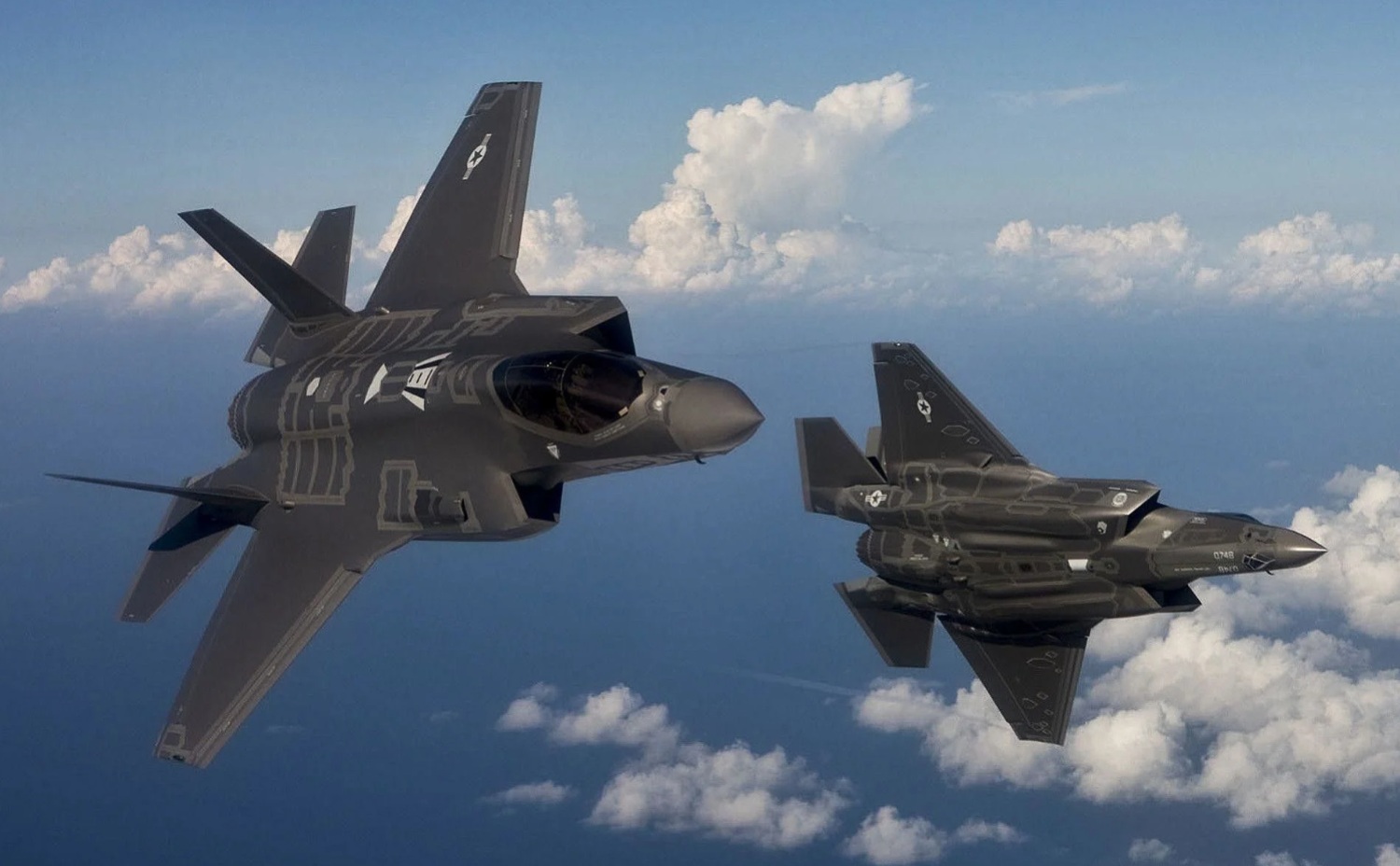Turkey will likely retain its Russian-made S-400 surface-to-air missiles (SAM) and not accept the US offer to be admitted into the F-35 stealth fighter program.
Foreign Minister Hakan Fidan on February 4 signaled a preference for the S-400, which Deputy Secretary of State Victoria Nuland revealed in an interview last week needed to be compromised if Ankara wanted to acquire the F-35.
Turkey was pushed out of the F-35 program in 2019-2020 for its S-400 acquisition since the SAM platform was incompatible with NATO systems, including the F-35s. The US then sanctioned Turkey’s defense industry under the Countering of America’s Adversaries Through Sanctions Act (CAATSA).
Turkey was building about 900 parts for the F-35, including the center fuselage and cockpit display, and had made an advance payment of US$1.4 billion for the project. It is now seeking compensation for its financial losses.
US Played on Turkey-Greece Rivalry?
A EurAsian Times report analyzed how the US might have played upon the Turkey-Greece rivalry in the Mediterranean by sequentially approving arms sales to both countries. To meet Turkey’s long-felt need to modernize its air force, it first ensured Turkey’s parliament ratified Sweden’s NATO membership.
The US then reciprocated by approving the sale of F-16 Block 70 variants and modernization kits to Ankara for its existing F-16 fleet. But then it also immediately announced the F-35 sale to ‘arch rivals’ Greece.
Knowing it would tilt the military balance in the Mediterranean towards Greece, it anticipated Turkey would find a need for a comparable aerial platform. Simply having S-400s would not be enough.
Its only option would be to possess its own F-35 fleet. Hoping the Turks would make this calculation, Nuland revealed the offer to reopen the doors for Turkey into the F-35 in an interview with CNN Turk.
Foreign Minister Fidan’s remarks during an interview with AHaber television came just a week after Nuland’s statement when she was visiting Ankara.
“Obviously, if we could get through this S-400 issue, which we would like to do, the US would be delighted to welcome (Turkey) back into the F-35 family. But we have to settle this other issue first,” Nuland had said.
Turkey’s Four-Pronged Strategy
Interestingly, Turkey seems to be eliminating the need to possess the F-35 in response to Greece’s future acquisition of the fifth-generation stealth fighter with a four-pronged approach.

First is not taking the US offer for the F-35 in return for ditching the S-400, which Washington wanted to transfer to Ukraine for use against Russian jets.
Second, Ankara is trying to stabilize ties with Greece and reduce the chances of a conflict. According to Bloomberg, “neighboring Greece and Turkey (are working) to build friendly ties, but are also closely monitoring each other’s military capabilities. And Turkey signaled readiness to acquire F-35s if the sale isn’t conditional.”
Third, Turkey is exploring acquiring Eurofighter Typhoon jets – Generation 4++ fighters, which are highly sophisticated, just a notch below the F-35. A combination of the S-400, its self-modernized fleet of F-16s, the new F-16 Block 70s, and the Eurofighter Typhoon (if a deal goes through), Turkey ensures Greece does not technologically outmatch it. This is in case its efforts to reduce tensions with Athens fail and war is imminent.
Last, Ankara is continuing its trend of significant strides in its domestic defense industrial base by having its own fifth-generation stealth fighter, the KAAN, which is expected to enter mass production in the late 2020s.
It has also emerged as a significant drone power with the development of unmanned combat aerial vehicles (UCAV) like the Bayraktar TB-2, TB-3, Anka, Anka-3, the Kizilelma loyal wingman UCAV, and a diverse range of air-to-air, air-to-land, land-attack ballistic, cruise and surface-to-air missiles.
These are developed by domestic defense aerospace companies like Baykar, Aselsan, Roketsan, and Tubitak-Sage. For instance, the under-development Siper SAM platform has been touted as a weapon comparable to the S-400. Aselsan CEO Haluk Gorgun had claimed that Turkey would “no longer need” the S-400 after the Siper is operational.
Russia-Turkey Relations – The ‘X’ Factor
However, this also does not mean that the KAAN’s or the Siper’s induction automatically guarantees Turkey transfers the S-400 to Ukraine since it would imply Ankara risks its significant stakes in a relationship with Moscow.
EurAsian Times had previously noted how, between the ‘frenemies,’ Moscow commanded significant economic leverages that could considerably harm the Turkish economy.
It previously restricted the flow of Russian tourists to the famous Antalya region, reduced fruit imports from Turkey, and wielded a possible impact on Rosatom’s construction of the Akkuyu civil nuclear power plant.
The West has traditionally cultivated Turkey as a frontline ‘swing state’ to challenge Russia, with Ankara often playing both sides to achieve its geopolitical aims.
Turkey and Russia are on opposite sides in the conflicts in the South Caucasus (Armenia-Azerbaijan), the Syrian and Libyan civil wars, and Ukraine. But simultaneously, the two countries entered into official deals like the four-party Black Sea Grain Initiative with Russia, Ukraine, the United Nations (UN), and Turkey.
- The author can be reached at satamp@gmail.com
- Follow EurAsian Times on Google News